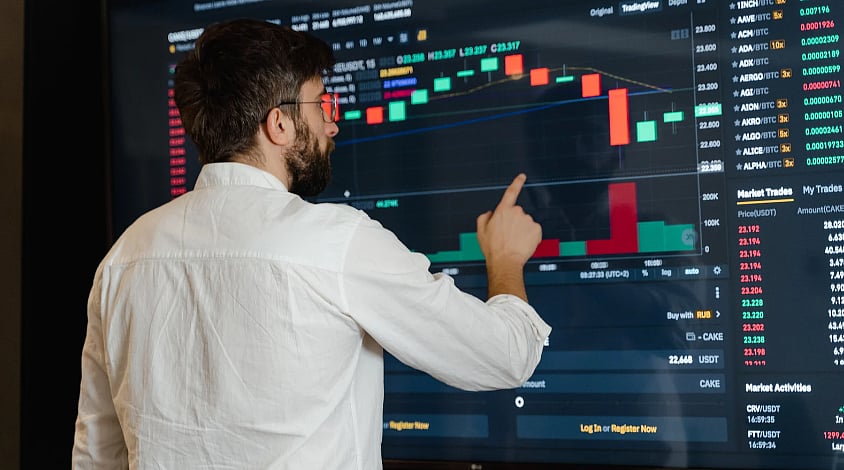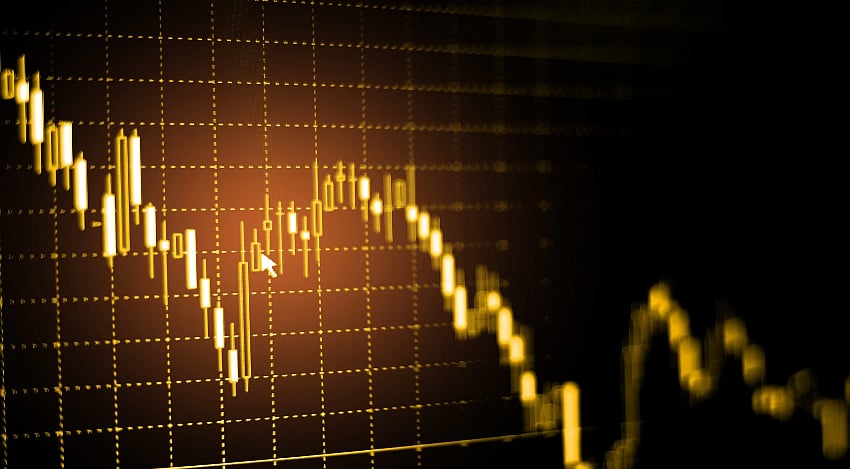The festival of Lights, Diwali, is one of the auspicious festivity of India which is celebrated with joy and prosperity, much more than celebrations, sweets, and sparkling diyas.
Apart from the celebration, for India’s stock market enthusiasts, this day adds an extra layer of excitement with a special trading that day known as Muhurat Trading, which is a unique, one-hour trading session that specifically happens only on Diwali.
But what makes this session so special, and why do traders across the country eagerly await it? Let's take a look into it:
What exactly is Muhurut Trading?
In the world of stock trading, the Muhurat trading, a one hour trading session that is held during Diwali, is considered as a time to be auspicious by the Hindu calendar.
Furthermore, in the Indian context, the term "Muhurat" means "auspicious time," which accordingly means a moment when the stars are aligned to foster positivity, prosperity, and success.
Moreover, in this special trading session, many investors believe that trades made during Muhurat are blessed with prosperity for the year ahead.

Image used for representational purposes only | Canva
When Is Muhurat Trading 2024?
For Diwali this year, as celebrations have already started around the corners of the country, the Muhurat Trading is scheduled for Friday, November 1, 2024, from 6:00 PM to 7:00 PM.
Both the Indian headline indices, National Stock Exchange (NSE) and Bombay Stock Exchange (BSE) conduct this special session, which is scheduled for one hour in the evening:
Muhurat Trading Time - 6:00 PM to 7:00 PM
Pre-Opening Session - 5:45 PM to 6:00 PM

Image used for representational purposes only | Canva
Why is Muhurat Trading Only One Hour Long?
In comparison the typical regular trading day which extends through several hours, but Muhurat Trading is limited to just one hour.
Moreover, this shorter window creates a bustling atmosphere with a unique energy among the stock traders as a gesture rather than just with notion of purely for an immediate gains.
Nevertheless, despite the brevity, this special trading session follows all the usual trading rules and regulations, including standard market orders, limit orders, and other transactions.
Any trades made are settled under typical exchange practices, providing investors with a regular T+1 settlement timeframe.

Image used for representational purposes only | Canva
Who Participates in Muhurat Trading?
The Muhurat Trading session draws a mix of investors, although it is more popular among the retail investors.
When seen towards the Retail investors, who are often more popular among this trading, typically buy small, symbolic shares in blue-chip or large-cap companies, viewing the session as a time to build their portfolios slowly.
However, in the case of institutional investors and high-frequency traders, they are typically less active, making the session quieter than a regular trading day.

Image used for representational purposes only | Canva
Why Do People Believe in Muhurat Trading?
Although there is no core data to say on that Muhurat trades bring better luck, again its a belief or can be said as a perception but many see it as a meaningful way to start their financial year.
Diwali, associated with the goddess of wealth, Lakshmi, and for traders, making an investment during Muhurat Trading is a way of inviting prosperity into their lives.
As per seen the historical perspectives, the tradition of this special trading goes back centuries when brokers would begin new accounts and worship their ledgers as a symbol of gratitude and hope for future gains.

Earlier, Marwari traders would sell stocks on Diwali, in the belief that money should not enter the house during the festival. In contrast, Gujarati traders traditionally bought stocks, marking out a differing cultural beliefs around Diwali and money flow.
Today, these practices have become symbolic, with investors choosing to buy shares as a token of optimism rather than strictly following these customs.











